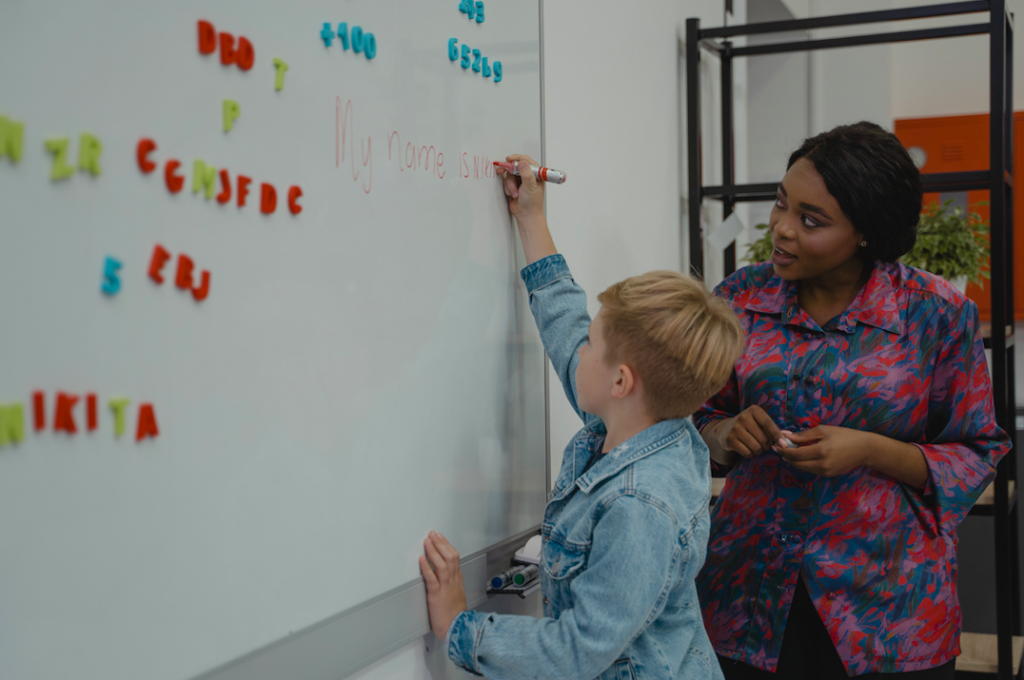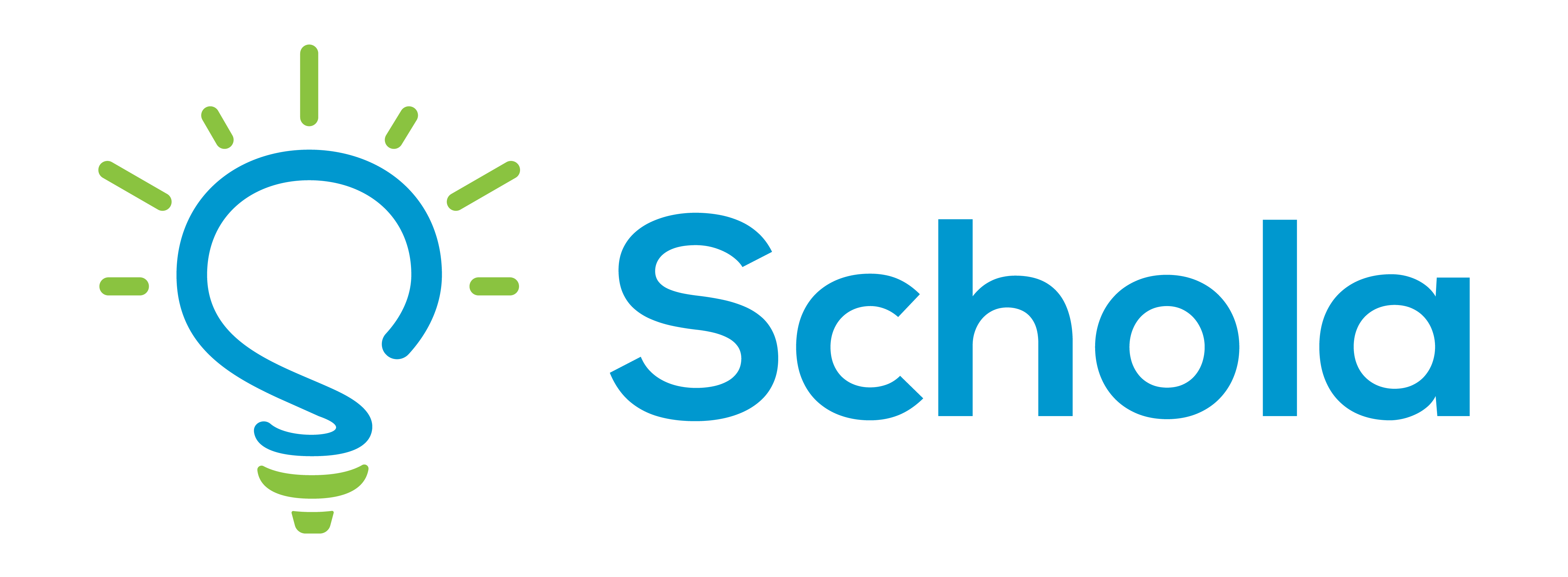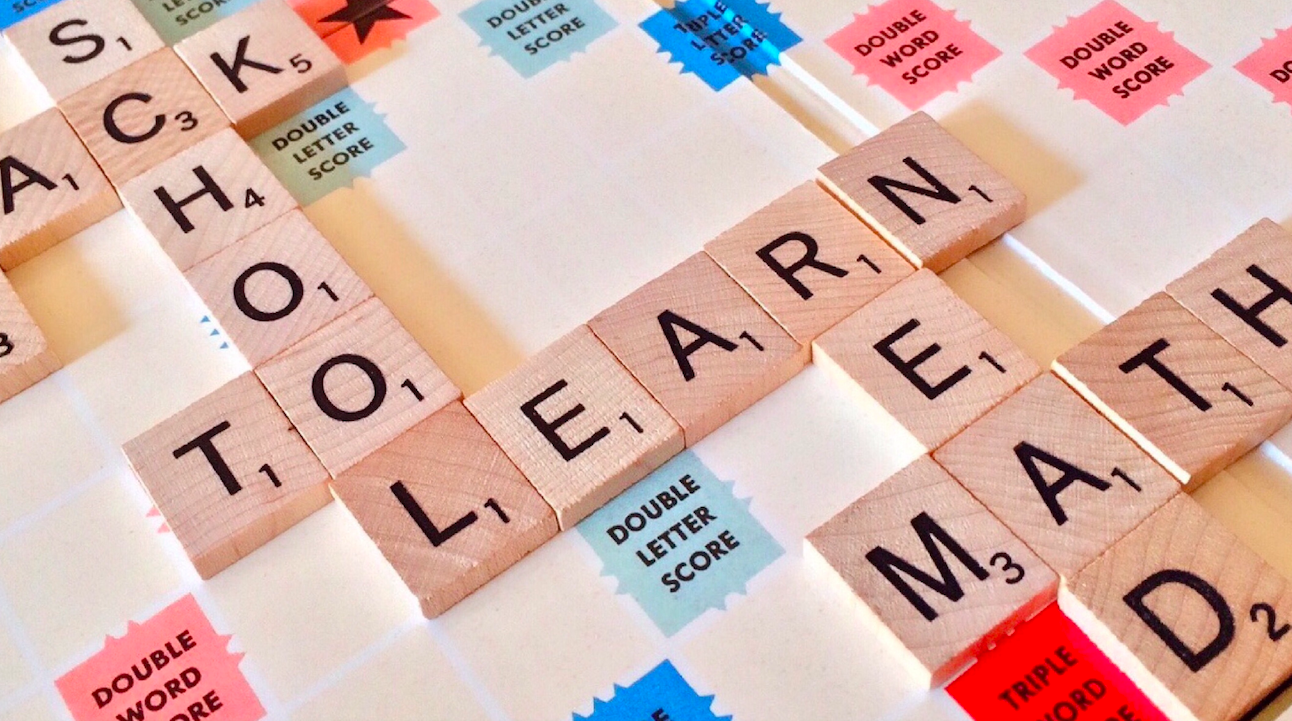Each new school year brings excitement, opportunity, and a plethora of new educational trends, learning styles, and teaching strategies. As you learn more about your child’s school and start preparing for the upcoming semester, it can feel a bit overwhelming.
LMS, whole-child approach, STEM vs. STEAM… What does it all mean? Don’t worry; we’re here to break it down for you! Here are six educational buzzwords you are bound to hear this school year.
Digital Citizenship
It feels like the whole world is going digital, but what does it mean to be a digital citizen? Just like schools teach their students to be exemplary members of their communities, a digital citizen is simply the idea that technology should be used regularly and, more importantly, responsibly and safely. Teaching digital citizenship in school usually implies that the school integrates technology into their curriculum, and they focus on not only teaching students to use it effectively but how to make positive decisions when using tech.
Learning Management System (LMS)
If your child is enrolled in a school that provides online learning options, chances are you’ve heard of LSM. The acronym LMS refers to an integrated online software for creating, delivering, tracking, and reporting educational courses and outcomes. This online software can support traditional face-to-face instruction, blended/hybrid, and distance learning environments. A wide range of free or open-source LMS softwares are available; some of the most commonly used in schools are Moodle, Canvas, and Google Classroom. They help to create, adopt, and manage all of the activities related to e-learning or can also serve as a complement to in-classroom education.
ESL & ELL
Does your child speak a language other than English at home? If so, ESL is ideal for them! ESL stands for English to Speakers of Other Languages, and it’s an educational approach in which students who are not native speakers learn English by focusing on language skills rather than content. So, when you hear the acronym ELL, it refers to students who are at least five years old and learning English as a second language.

STEM vs. STEAM
Have you heard “STEM” and “STEAM” used before? And do you know what makes them different? STEM stands for Science, Technology, Engineering, and Math, while STEAM means Science, Technology, Engineering, Art, and Math. The main difference between these two is the way they approach scientific concepts. For example, STEM focuses on the hard skills (gained through education) to drive progress, while in a STEAM curriculum, students leverage both hard and soft skills (are developed) to solve problems. A school with any of these emphases will often involve team activities, breaking larger projects into smaller steps, and developing the interpersonal skills students will need in the future.
Mindfulness
The word “mindful” might not be foreign, but what exactly does mindfulness mean in an educational context? It is a simple technique that emphasizes the quality of being in the present moment in an accepting, nonjudgmental manner. But it is not about emptying your mind; it’s all about paying close attention to our current thoughts and emotions, no matter what is happening around us. For example, when a school incorporates mindfulness, it typically means they emphasize social and emotional development. Mindfulness is a great tool that boosts students’ self-awareness and stress management skills.
Whole-Child Approach
A “whole child” education is one that prioritizes the full scope of a child’s developmental needs, such as the connections between children’s social, emotional, cognitive, and academic development, as well as their physical and mental health. Schools that adopt this educational approach work hard to promote students’ learning, well-being, and healthy development, by designing learning environments to support the whole child. They develop curriculum, instruction, and assessments for more profound understanding, prepare educators, and change policy or systems to support the whole child.
Now that you better understand these frequently used buzzwords, which one will you be looking out for when searching for your ideal school? At Schola, we help families find the perfect school in their area based on what matters more to them. If you need assistance finding a school that offers any of these educational approaches or tools, we invite you to take the ScholaMatch™ to find the right schools for your family in just minutes!

